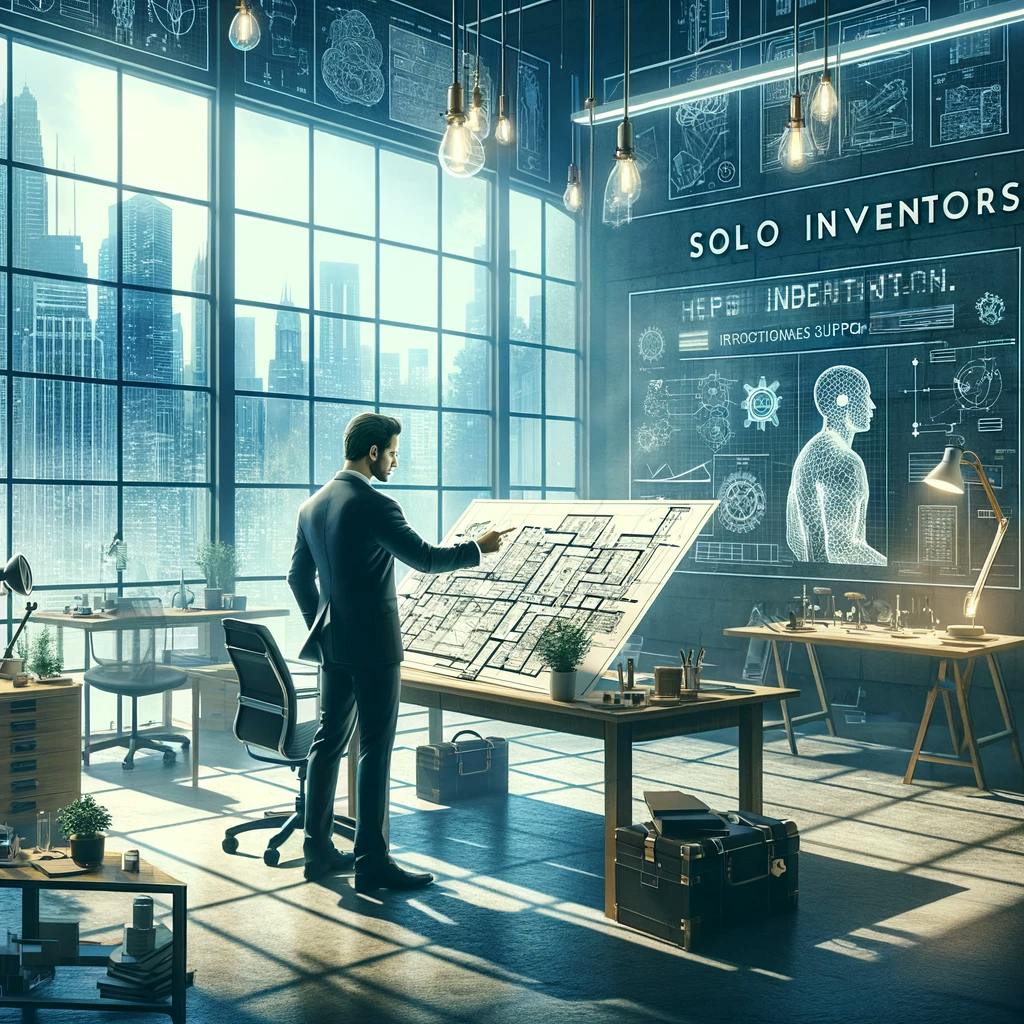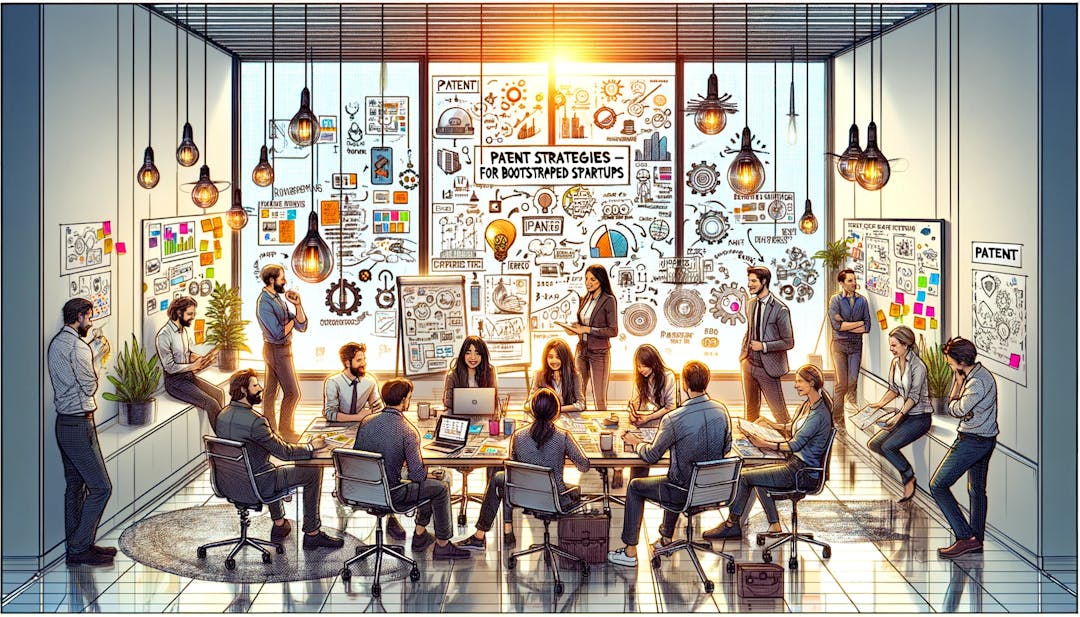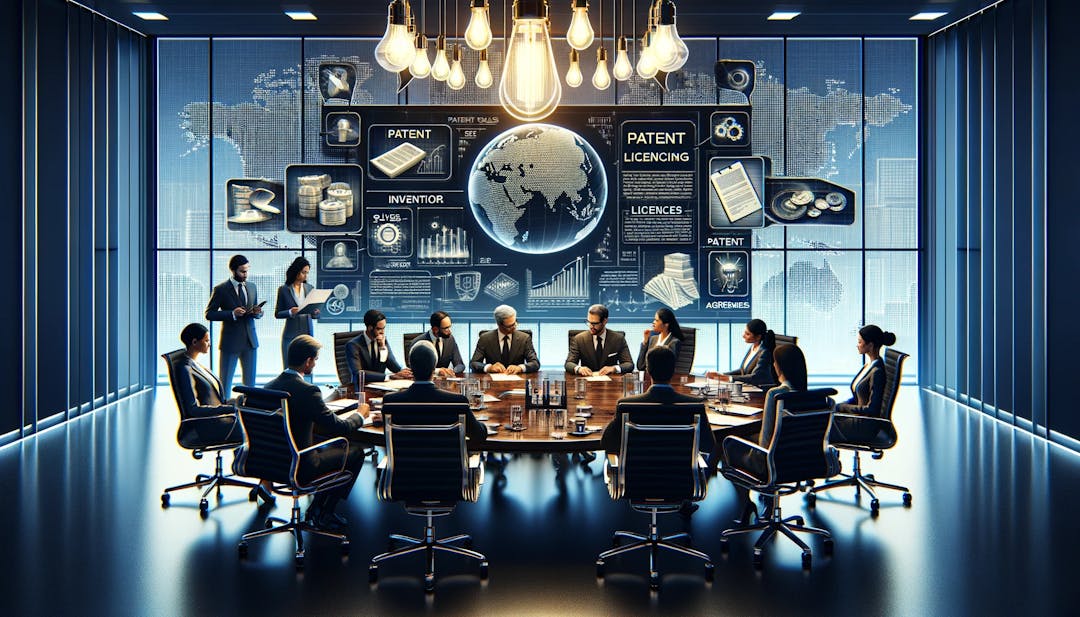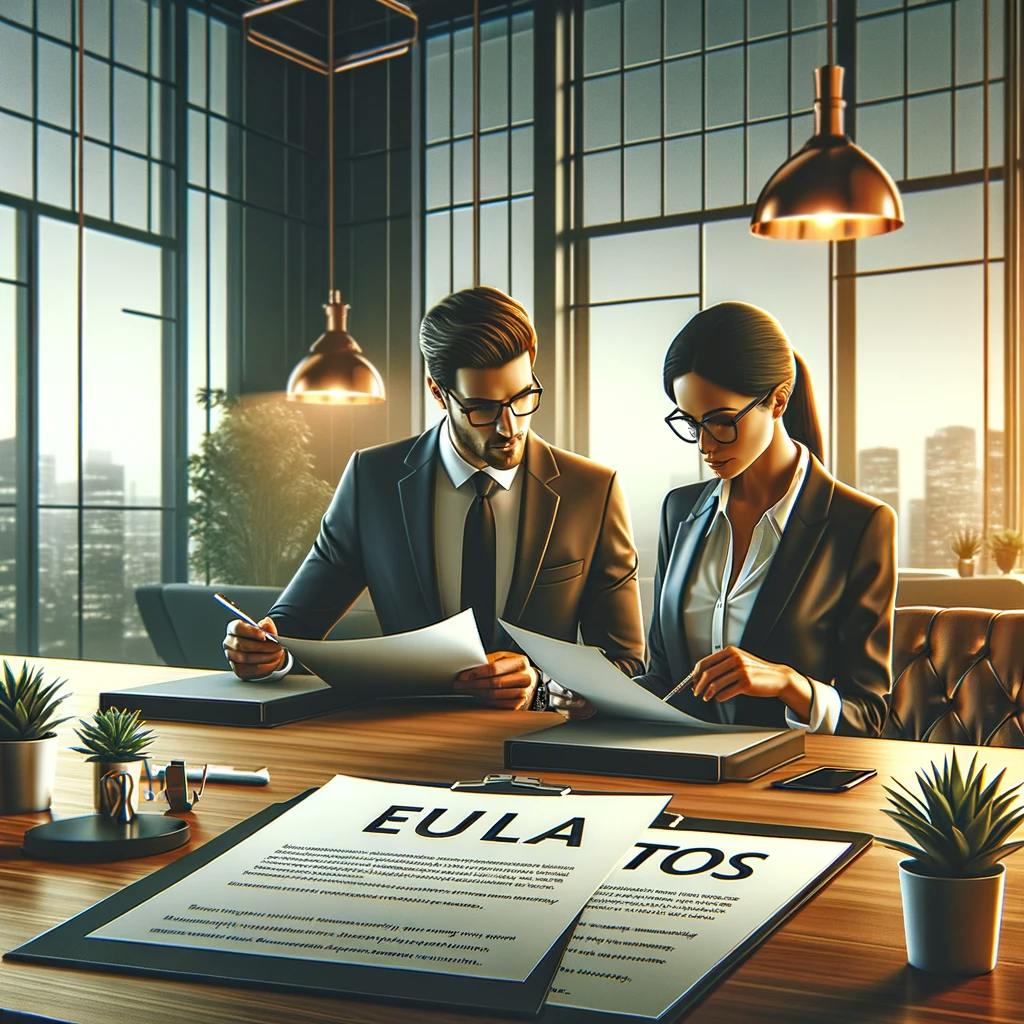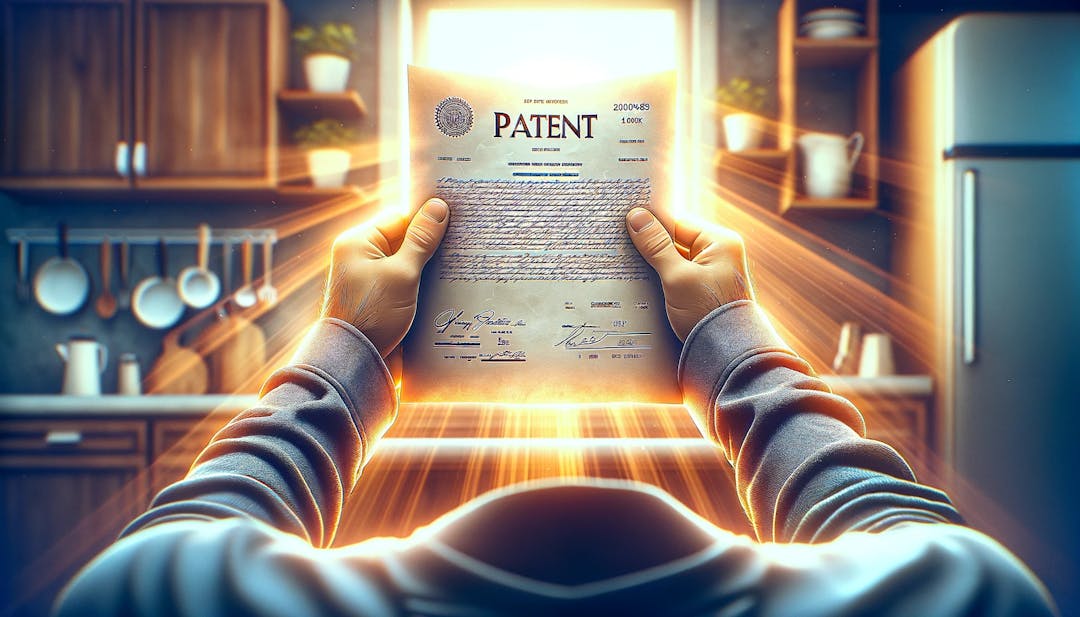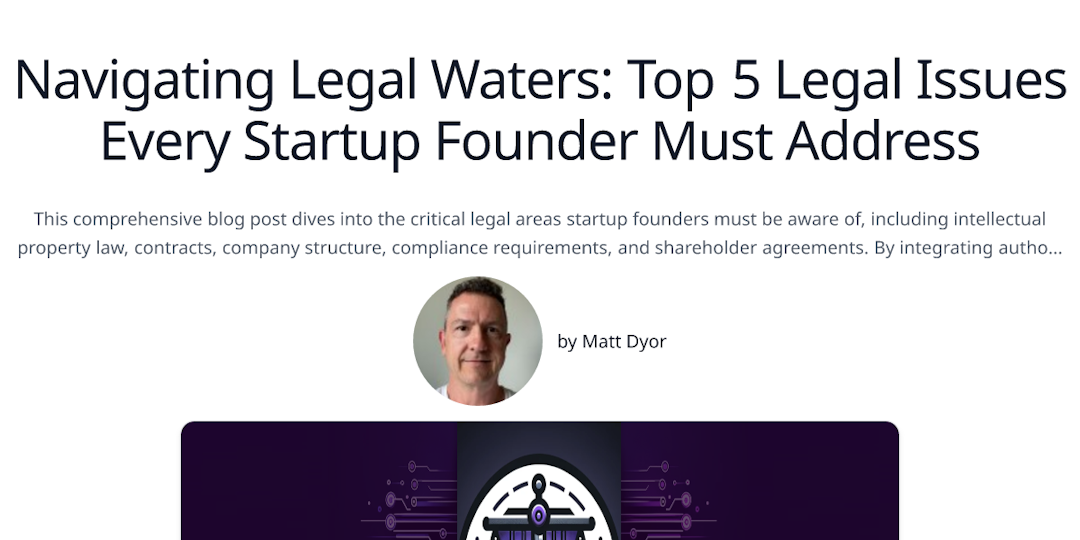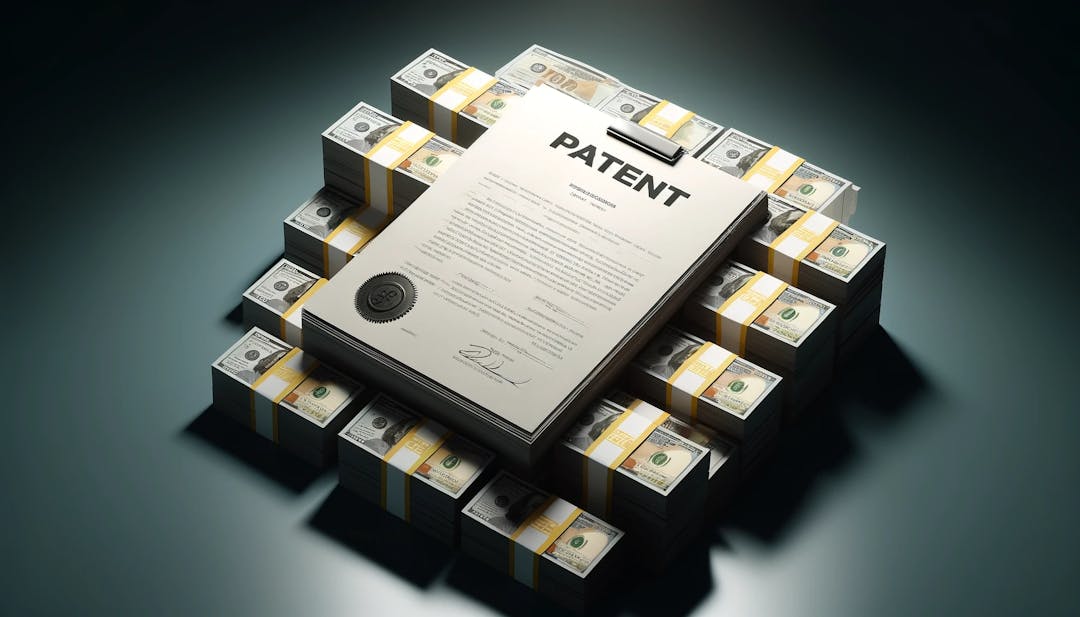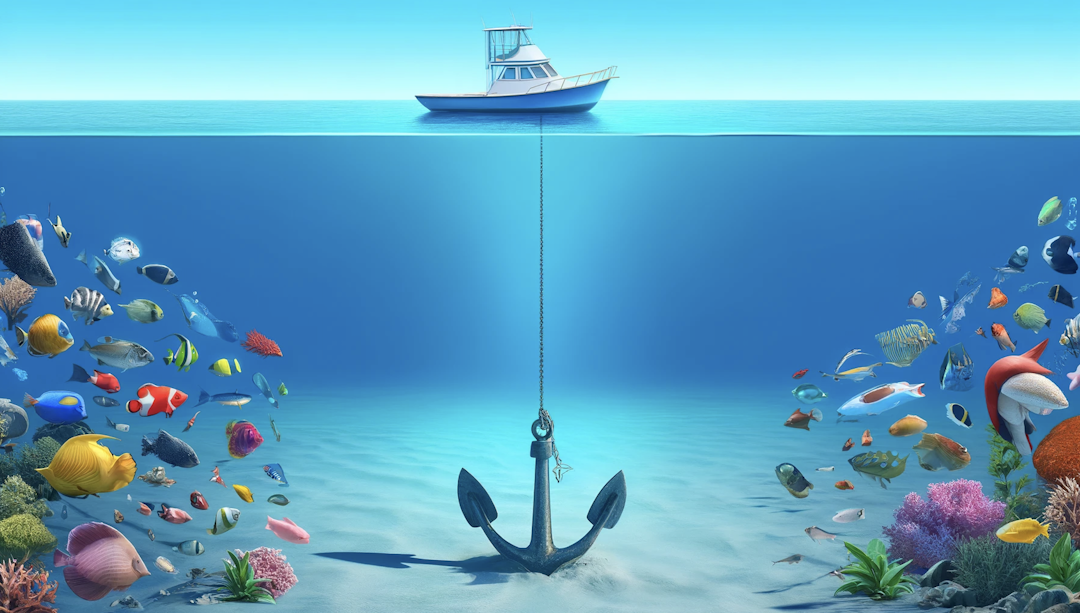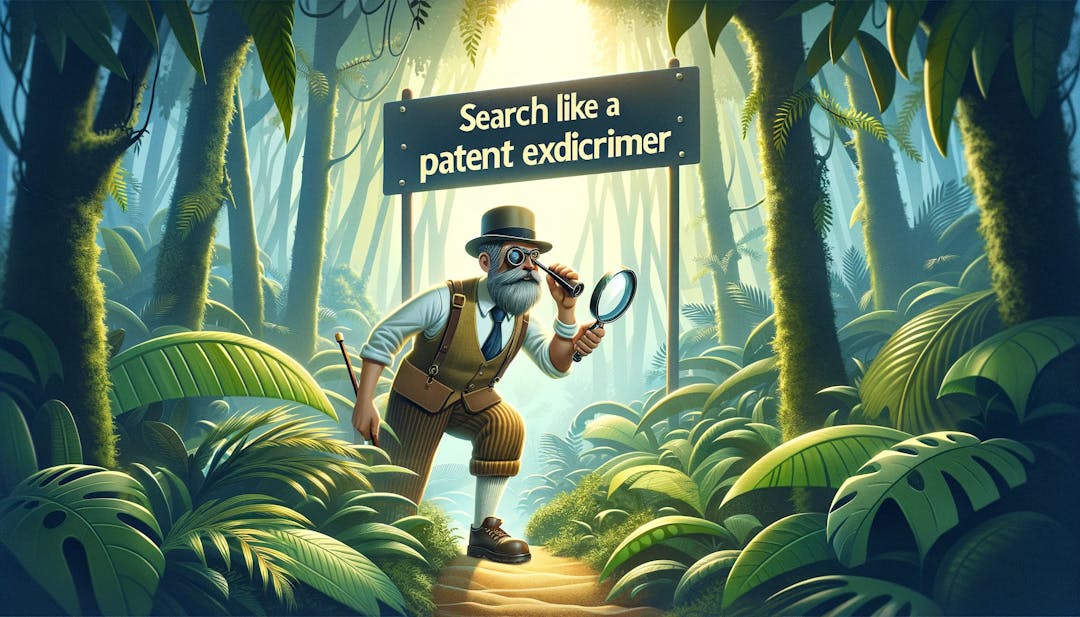Startups and content creators are continually searching for innovative ways to enhance their online presence. Today, many of them are turning to OpenAI, which offers the capability to generate unique images through artificial intelligence. It's crucial for startups to understand the legal implications tied to the use of these AI-generated images, particularly in the realm of Copyright Law.
Can You Use OpenAI-Generated Images on Your Website?
The short answer is yes, but with caveats. Using OpenAI-generated images on your website involves navigating copyright and intellectual property laws that are in flux as they adapt to the new realities AI brings. When you generate an image through OpenAI's platforms, you're essentially creating a piece of content that didn't exist before, which raises questions about ownership and rights of use. You are probably free to use it - it is unclear whether you could stop anybody else from using it.
Understanding Copyright in AI-Generated Images
Copyright law protects original works of authorship, including literary, dramatic, musical, artistic works, and certain other intellectual works. This protection extends to the digital realm, making it a relevant concern for startups using digital content like AI-generated images.
The complexity arises in the determination of authorship for AI-generated works. Traditional copyright laws are tailored to human creators, which begs the question of how these laws apply to content generated by artificial intelligence where human creativity is not the direct source.
Do You Need to Attribute OpenAI-Generated Images?
The requirement for attribution depends largely on the terms of service provided by the AI platform and the jurisdiction in which copyright is being considered. OpenAI’s platform, for instance, may have (or modify its terms of service to have) specific guidelines that dictate the terms of use, including whether attribution is necessary when using their generated images on your website.
Attribution is not just a legal requirement in some cases but also a good practice that acknowledges the source of content and can enhance the transparency and credibility of your website.
Intellectual Property Law for Startups: Navigating AI-Generated Content
For startups, navigating the Intellectual Property landscape when incorporating AI-generated images into your business model is crucial. The legal framework surrounding AI and copyright is evolving, as legislators and courts worldwide work to address the challenges posed by new technologies.
Key considerations for startups include:
- Copyright Ownership: Determining who holds the copyright of an AI-generated image – the AI platform, the user who prompted the creation, or neither – is essential.
- Usage Rights: Understanding the terms under which you're allowed to use the generated images, including any limitations or obligations.
- Risk Management: Considering potential copyright infringement risks when using AI-generated content and how to mitigate these risks.
A Practical Guide to Using OpenAI-Generated Images Legally
-
Read and Understand the Terms of Service: Before using any AI-generated images, it's imperative to thoroughly read and understand the terms of service of the platform. These terms often outline the usage rights and restrictions of the generated content.
-
Seek Attribution Guidelines: If the terms of service recommend or require attribution, ensure that you follow these guidelines to respect the copyright policies and avoid legal repercussions.
-
Consider Copyright Clearance: For high-risk projects or commercial use, seeking copyright clearance or legal advice can prevent future legal challenges.
-
Stay Informed about IP Law Developments: The legal landscape around AI-generated content is continuously evolving. Keeping abreast of the latest developments in Intellectual Property Law can help your startup navigate these changes effectively.
Conclusion
As Intellectual Property Law adapts to the advancements in artificial intelligence, startups must navigate the complexities of using AI-generated images responsibly and legally. Understanding the copyright frameworks, adhering to platform terms of service, and staying informed about legal developments are crucial steps in leveraging AI technology without infringing on copyright.
For more detailed guidance or questions about using AI-generated images within your startup's website or products, feel free to use the Ask a Question button at the top of the page ↗ or continue this conversation using the contact button at the top of the blog post ↗.
Main Keyword: Intellectual Property Law
Meta Description: Explore the legal challenges and considerations startups must understand when using OpenAI-generated images on their websites, detailed within the context of Intellectual Property Law.
Tags: Intellectual Property Law, AI-generated Images, OpenAI, Copyright Law, Startups, Legal Guide




